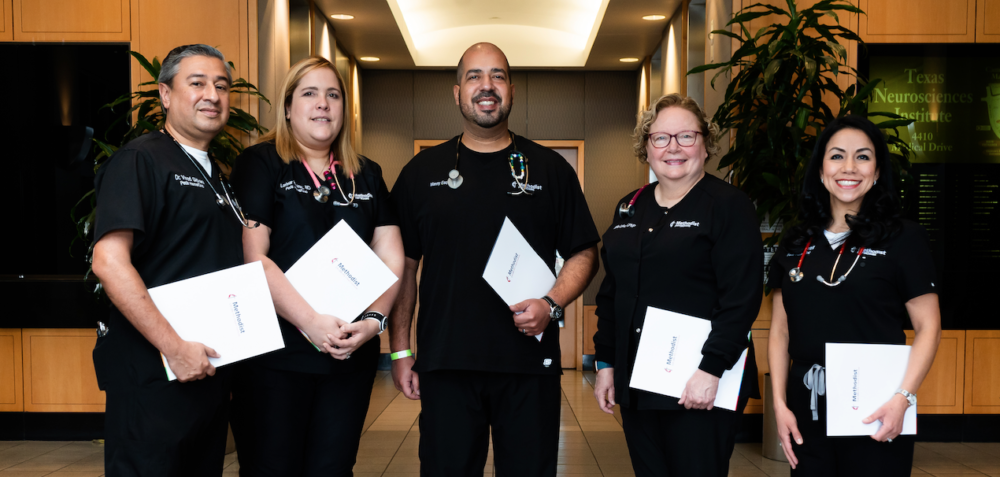Warning Signs That Your Child May Need Glasses
By Peter Swift
Around a third of young school-age children wear glasses. However, it’s thought that up to half as many have undiagnosed vision issues which glasses would correct.
An untreated eyesight problem at this early age can have serious consequences that last for life. It can interfere with education, slow down social development, and increase the final extent of any vision damage.
Clearly, spotting any potential eyesight problems in your child is important. Here are some of the signs to look for which may mean an eye exam is a sensible idea.
– Look out for unusual physical gestures when your child is trying to watch TV or read at a distance. Tilting their head to the side, covering up one eye with a hand, or squinting heavily are all signs that they’re having unusual difficulty.
– Also, watch out for your child holding books or other objects unusually close to their face, or constantly varying this distance back and forth.
– Children develop at different rates, but if reading ability seems to be lagging behind general learning, this could be a clue that something is wrong. An eye exam will usually show an easily corrected vision problem, rather than any more serious issue.
– Constant rubbing of eyes can indicate excessive tiredness and muscle strain as a result of difficulty focusing. A child will probably accept this as perfectly normal, so it may take an adult to notice any issue.
– Difficulty in focusing can also lead to frequent headaches. If your child seems to suffer from headaches late in the day or evening, it could be more than ordinary tiredness.
– Lastly, clumsiness is a normal part of childhood. But, if these other symptoms are combined with poor coordination and a reluctance to take part in sports or other physical activity, then poor eyesight could be the simple explanation.
Spotting any childhood vision problems as soon as possible will help keep them under control and limit the long-term damage they do. Eye examinations are quick, painless, and inexpensive. So, if you have any doubts, then don’t hesitate to contact your optometrist for an appointment.





Recent Comments